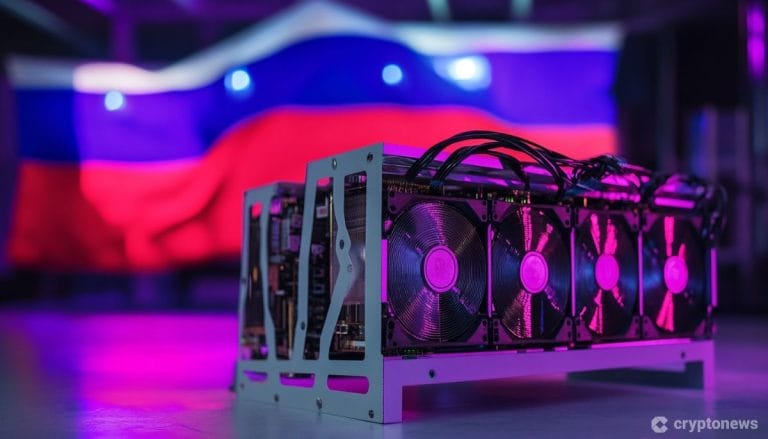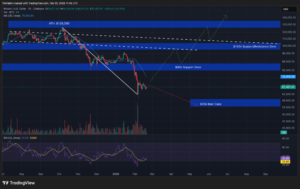Last updated:
 Why Trust Cryptonews
Why Trust Cryptonews
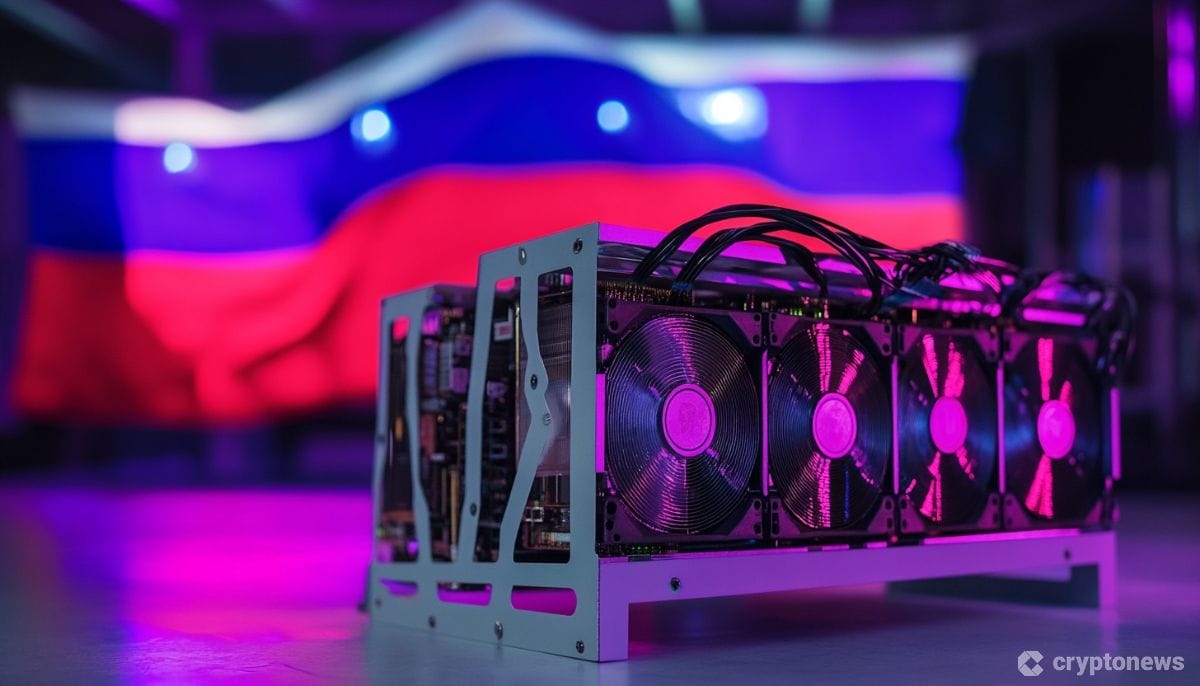
The Russian Bitcoin mining hotspot of Buratiya will get an energy upgrade, with a revamped thermal power plant set to come online “before the end of 2029.”
Per the state-run news agency TASS, the new power plant “will generate not only heat, but also electricity.”
The move will help Buratiya “create a power reserve.” And this will help Ulan-Ude, the capital of Buryatia, deal with an “increasing load on the power grid,” its government said.
Buratiya: A Reluctant Russian Bitcoin Mining Hotspot?
A sharp rise in crypto mining has been blamed for this load. President Vladimir Putin this year noted that Buratiya and other areas have suffered from a rise in BTC mining.
Putin and others have claimed that miners are straining power grids in the area. Buratiya is currently served by the Gusinoozerskaya TTP, a Soviet-era construction completed in the late 1970s.
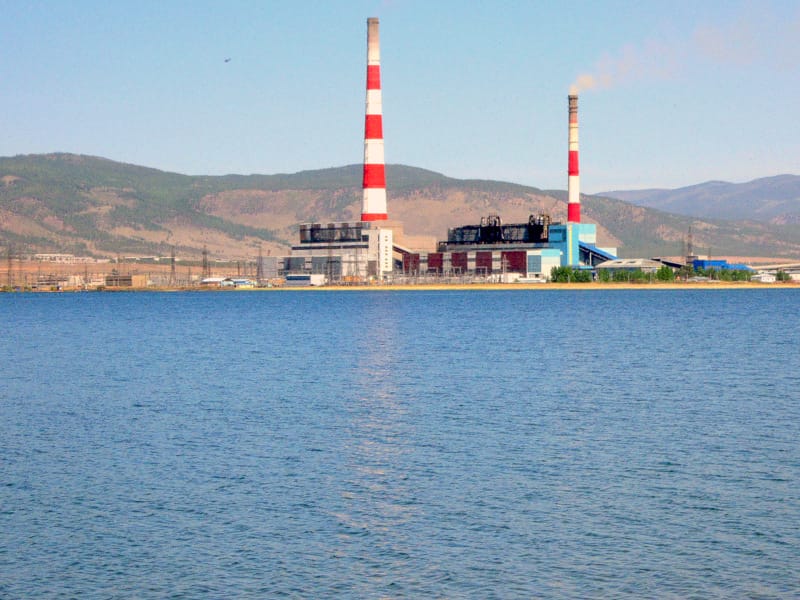
The plant suffered damage in June 2022, when a transformer failure and subsequent fire cut power off for several days.
“The project will [let us add] two more power units at Gusinoozerskaya. There will be an additional reserve.”
Yevgeny Lukovnikov Deputy Chairman of the Buryatia Local Government
The Buryatia local government is so confident of the plant’s success that it has claimed it will be able to provide 300 MW of power to neighboring Mongolia.
The local power provider is reportedly looking to spend over $418 million on the “modernization” project.
The plans to bring the “TPP-2” station online date back to late Soviet times. The Soviet project managers began work on it in the 1980s, and even managed to bring a steam boiler online in 1991.
However, the project has remained unfinished ever since – although this single boiler still provides 30% of Ulan-Ude’s heating capacity.
Miners Blamed
TASS explained that crypto miners in Irkutsk “partly created the energy deficit problem,” which has “weakened the reliability of power supply in Buryatia.”
The Russian Ministry of Energy has reported multiple energy deficit “problems” in the traditional Russian Bitcoin mining hotspot of Irkutsk.
The ministry said that “due to the development of mining,” power issues were now occurring in the Irkutsk-Cheremkhovo district of the Irkutsk Oblast.
It also noted problems “in the southern part of Buryatia and certain areas of the Zabaikalsky Krai.”
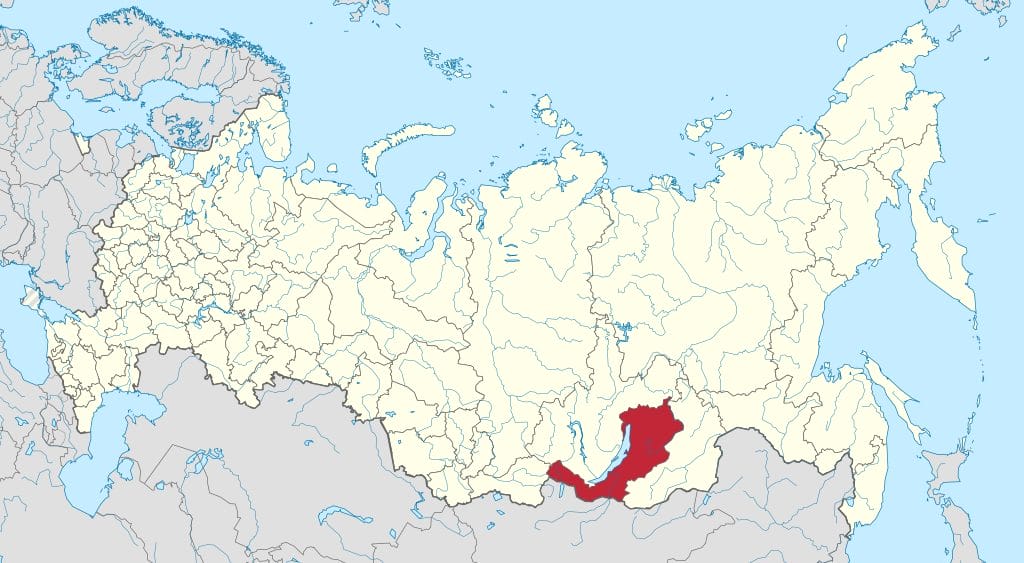
Putin has claimed that mining “is fraught with serious consequences for enterprises, housing, and communal services systems.”
Despite its reputation as a Bitcoin mining hotspot, Yevgeny Lukovnikov, the Deputy Chairman of the Buryatia Local Government, hinted that most Bitcoin miners in Buratiya are illegal.
He said that “there are only two enterprises in Buryatia that are engaged in [crypto] mining.
Both of these miners’ power consumption is “capped not uncontrolled,” Lukovnikov insisted.
“We have practically eliminated crypto mining in the Buryatia. We are very attentive to this. […] If crypto mining is going to involve high consumption and affect life in the region, then it should be limited. And in some cases, miners should be cut off from the grid.”
Lukovnikov
However, despite Lukovnikov’s tough talk on Bitcoin mining, Buryatia – like Irkutsk – has a more nuanced approach to miners.
Irkutsk’s own government has in turn cracked down on miners and tried to woo them to the region.
Moscow is set to begin taxing industrial crypto mining. Some thinkers believe that this will help Russia build Bitcoin funds it can use in international trade deals with overseas firms.
This has led some regions traditionally unfavored by Bitcoin miners to announce ambitious new plans for state-of-the-art data centers.
Russian crypto experts say that over 90% of miners in the nation focus their efforts on Bitcoin.







